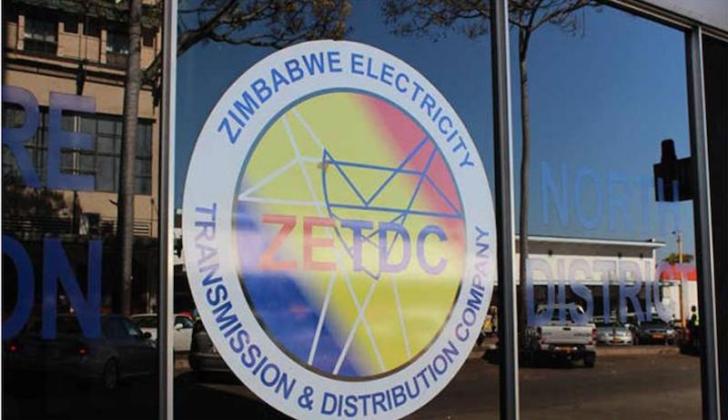News / National
Zesa explains power shortages
27 Aug 2024 at 11:54hrs |
0 Views

Zimbabwe Electricity Supply Authority (Zesa) Executive Chairman Sydney Gata has reported a significant power shortfall of 540 megawatts (MW) due to increased demand during the winter season.
According to Gata, Zesa's total power supply is currently averaging 1,310 MW, while peak demand has reached 1,850 MW, resulting in the shortfall and subsequent load shedding.
Gata also mentioned a recent technical issue at Hwange Power Station's Unit 8, which had to be shut down. He assured that the problem, a common occurrence in new plants, has been resolved, and the unit is expected to be back online shortly.
To address the power shortage, Zesa has implemented several measures, including increasing power imports and working on restoring capacity at Hwange Power Station's Units 1 and 2, which were out of service due to forced outages. The ongoing US$800 million Repowering Programme at Hwange is a key initiative aimed at improving the station's reliability and output.
The project, which will upgrade Units 1 to 6, is expected to extend the operational life of these units by 15 to 20 years. Currently, Hwange Power Station is producing 485 MW, even as Unit 5 undergoes an upgrade, with completion anticipated by April 2025 to boost capacity for the next winter peak season.
To help bridge the supply-demand gap, Zesa is importing power from regional utilities and participating in the Southern African Power Pool (SAPP) Day Ahead Market to secure additional power. However, imports have been limited due to arrears, as Zesa is owed over ZIG 5.7 billion by various customers. Despite these challenges, Zesa has had to export electricity during non-peak hours to generate foreign currency and meet its financial obligations.
According to Gata, Zesa's total power supply is currently averaging 1,310 MW, while peak demand has reached 1,850 MW, resulting in the shortfall and subsequent load shedding.
Gata also mentioned a recent technical issue at Hwange Power Station's Unit 8, which had to be shut down. He assured that the problem, a common occurrence in new plants, has been resolved, and the unit is expected to be back online shortly.
To address the power shortage, Zesa has implemented several measures, including increasing power imports and working on restoring capacity at Hwange Power Station's Units 1 and 2, which were out of service due to forced outages. The ongoing US$800 million Repowering Programme at Hwange is a key initiative aimed at improving the station's reliability and output.
The project, which will upgrade Units 1 to 6, is expected to extend the operational life of these units by 15 to 20 years. Currently, Hwange Power Station is producing 485 MW, even as Unit 5 undergoes an upgrade, with completion anticipated by April 2025 to boost capacity for the next winter peak season.
To help bridge the supply-demand gap, Zesa is importing power from regional utilities and participating in the Southern African Power Pool (SAPP) Day Ahead Market to secure additional power. However, imports have been limited due to arrears, as Zesa is owed over ZIG 5.7 billion by various customers. Despite these challenges, Zesa has had to export electricity during non-peak hours to generate foreign currency and meet its financial obligations.
Source - iol
Join the discussion
Loading comments…









































